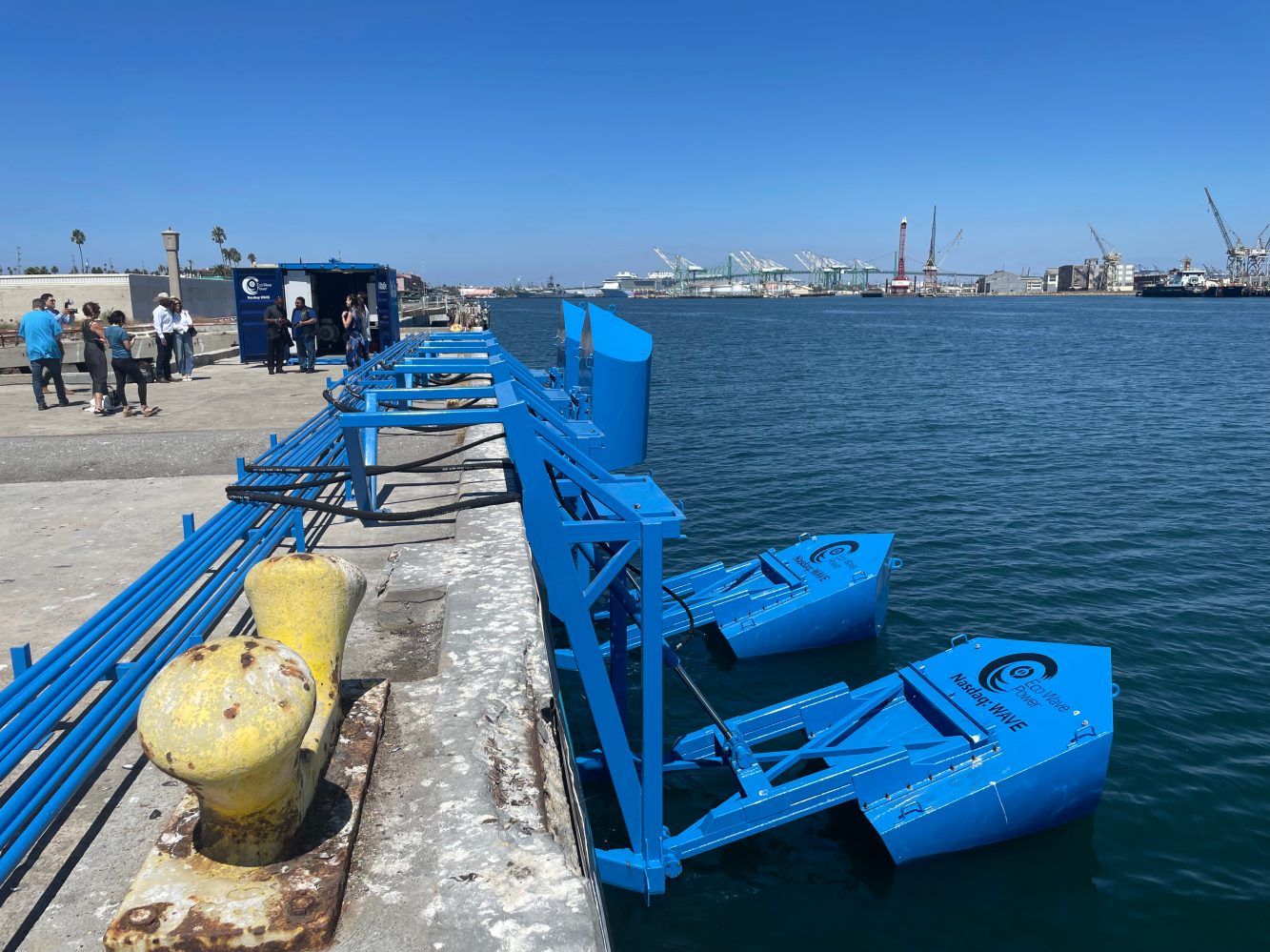Eco Wave Power Launches First US Onshore Wave Energy Station
In a landmark moment for renewable energy in the United States, Eco Wave Power has officially inaugurated the nation's first onshore wave energy power station at the Port of Los Angeles. This pilot project marks a significant step forward in harnessing the immense power of ocean waves to generate clean electricity, positioning wave energy as a promising contender in the quest for sustainable power sources.
Key Highlights
- Location: Port of Los Angeles, California
- Project Type: Pilot onshore wave energy station
- Technology: Converts wave motion into electricity via floaters and hydraulic systems
- Future Goals: Expansion to larger-scale commercial installations
Pioneering Wave Energy in the US
The newly launched station by Eco Wave Power represents a breakthrough in the American renewable energy landscape. Unlike offshore wave energy systems, which are situated far out at sea, this onshore installation is built along the coastline, making it more accessible for maintenance and integration with existing power grids. The technology utilizes floaters attached to existing structures—such as piers or breakwaters—which move with the waves. This motion is converted into hydraulic pressure, driving a generator to produce electricity.
How the Technology Works
Eco Wave Power's innovative system is designed for efficiency and durability. The floaters rise and fall with incoming waves, activating hydraulic pistons that compress fluid within a closed system. This pressurized fluid is then directed to shore-based accumulators, ensuring a steady flow to the generator regardless of wave consistency. The electricity generated is fed directly into the grid, providing a reliable and continuous source of power. This method not only maximizes energy capture but also minimizes environmental impact, as the infrastructure blends with coastal constructions.
Strategic Importance and Benefits
The deployment of this pilot station underscores the strategic importance of diversifying renewable energy sources. Wave energy offers several distinct advantages:
- Predictability: Unlike solar or wind, wave patterns are more consistent and predictable, enabling stable energy output.
- High Energy Density: Ocean waves carry significant kinetic energy, allowing for high efficiency in power generation.
- Space Efficiency: Onshore systems require less space compared to large wind or solar farms, making them ideal for urban coastal areas.
For a coastal metropolis like Los Angeles, which faces growing energy demands and commitments to sustainability, this technology could play a crucial role in achieving green energy targets.
Comparison with Other Renewable Energy Sources
| Energy Source | Consistency | Land Use | Current US Adoption |
|---|---|---|---|
| Wave Energy | High (predictable) | Low (onshore/coastal) | Pilot stage |
| Solar Power | Moderate (weather-dependent) | High (large farms needed) | Widespread |
| Wind Energy | Variable (site-specific) | Moderate to High | Widespread |
| Hydropower | High (controlled flow) | High (dams/reservoirs) | Mature |
Future Prospects and Challenges
While the pilot station is a promising start, Eco Wave Power faces several challenges in scaling up. Regulatory hurdles, environmental assessments, and securing investments for larger projects are critical steps ahead. However, the company's track record—with operational stations in Gibraltar and Israel—demonstrates the viability of the technology. If successful, future expansions could see multiple units deployed along US coastlines, contributing significantly to the renewable energy mix.
Environmental and Economic Impact
Beyond clean energy generation, the adoption of wave energy could stimulate job creation in manufacturing, installation, and maintenance sectors. Additionally, by reducing reliance on fossil fuels, it helps lower greenhouse gas emissions and supports climate goals. The Port of Los Angeles, a hub of commerce and innovation, serves as an ideal testing ground to prove the technology's resilience in a real-world setting.
Conclusion
The inauguration of Eco Wave Power's pilot station at the Port of Los Angeles is more than just a milestone—it is a glimpse into the future of renewable energy. As the world seeks innovative solutions to combat climate change and meet rising power demands, wave energy stands out for its consistency and potential. With continued development and support, this technology could soon become a cornerstone of America's sustainable energy infrastructure, paving the way for a cleaner, greener tomorrow.


